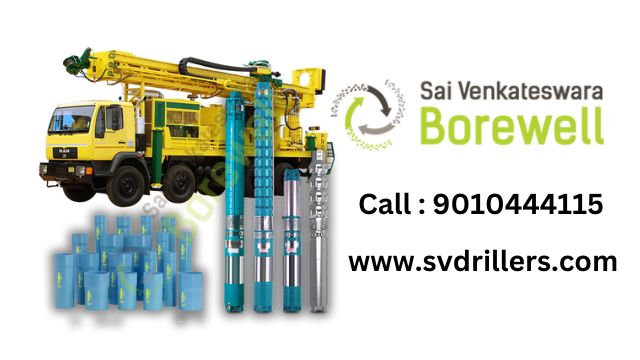Introduction
Are you tired of relying on municipal water or uncertain bottled water sources? Water well water offers a natural, clean, and sustainable solution for your household or business needs. Unlike treated city water, well water comes straight from underground aquifers, free from additives like chlorine and fluoride.
In this article, we explore the advantages of water well water, how it works, and why it’s a smart investment for long-term health and savings. Whether you’re considering drilling a new well or maintaining an existing one, we’ll guide you through everything you need to know—plus expert tips to maximize its benefits!
What is Water Well Water?
Water well water is groundwater extracted from deep underground through a drilled or dug well. Unlike treated municipal supplies, it’s naturally filtered by layers of rock and soil, often containing beneficial minerals.
✅ How does it work?
- A well is drilled into an underground aquifer.
- A pump system brings water well water to the surface.
- Optional filtration ensures purity.
For a deeper dive, explore our guide on borewell installation.
Top Benefits of Well Water
1. Superior Taste & Purity
Since water well water bypasses chemical treatments, it often tastes fresher. Municipal supplies may contain chlorine or fluoride, while well water retains natural minerals like calcium and magnesium.
2. Cost Savings
No monthly bills mean long-term savings. Once your well is installed, maintenance costs are minimal compared to recurring utility fees.
3. Sustainable & Eco-Friendly
By relying on groundwater sources, you reduce dependency on overburdened municipal systems—helping conserve water resources sustainably.
4. Reliable Supply During Shortages
Municipal shortages won’t affect your access. Well water ensures uninterrupted supply, especially in rural areas.
For professional well drilling services, visit SV Drillers.
How Does Water Well Water Work?
✅ The Process Simplified:
- Site Evaluation – Experts analyze geological conditions (hydrogeological surveys).
- Drilling & Casing – A well is drilled and lined to prevent contamination.
- Pump Installation – Submersible pumps extract water well water.
- Filtration & Storage – Optional systems polish water before use.
Need maintenance? Learn about well water treatment.
FAQs About Water Well Water
🔹 1. Is well water safe to drink?
Yes, if properly tested and filtered. Regular testing ensures no harmful contaminants.
🔹 2. How deep should a well be?
Depends on local geology—typically 100–400 feet for optimum water well water quality.
🔹 3. Does well water need filtration?
Some wells benefit from softeners or UV filters. Check our water filtration guide.
🔹 4. How often should I test my well?
Annually for bacteria, nitrates, and heavy metals.
🔹 5. Can I install a well anywhere?
Permits and hydrogeological surveys determine feasibility.
Conclusion
Switching to water well water means enjoying cleaner, tastier water while saving money and supporting sustainability. From installation to maintenance, SV Drillers ensures expert service every step of the way.
🚀 Need expert help?
📞 Call us today at +91 9010444115
🌐 Visit SV Drillers for a free consultation!
🔗 Keyword & URL Reference
- Borewell installation — https://svdrillers.com/borewell-installation-in-beeramguda
- Hydrogeological survey — https://svdrillers.com/keyword1
- Well water treatment — https://svdrillers.com/keyword2
- Water filtration guide — https://svdrillers.com/keyword3
- Professional web services — https://vebnox.com
By choosing water well water, you invest in a healthier, self-sufficient future. 🌍💧



